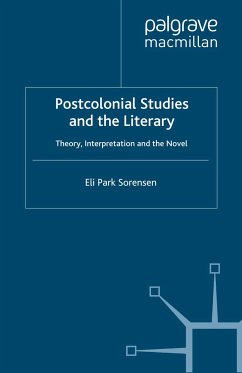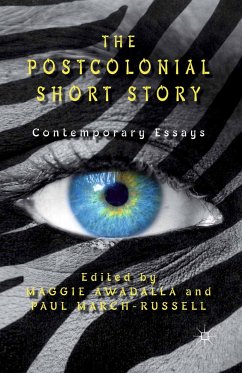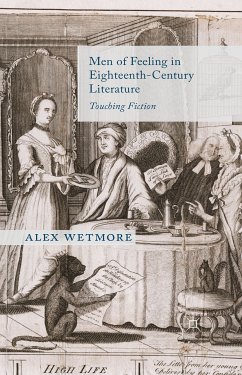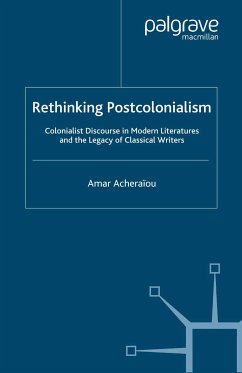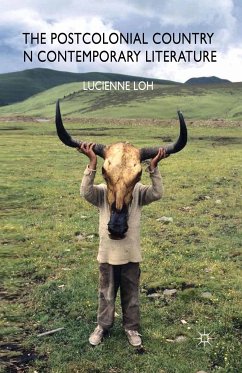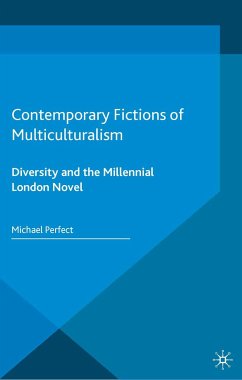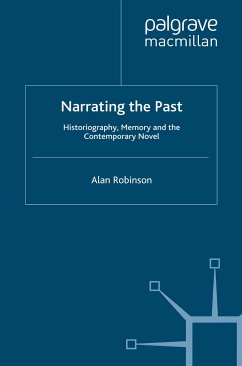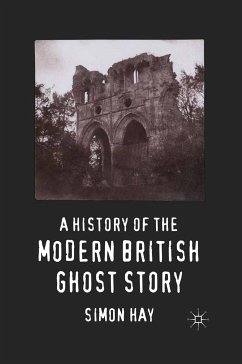Dieser Download kann aus rechtlichen Gründen nur mit Rechnungsadresse in A, B, BG, CY, CZ, D, DK, EW, E, FIN, F, GR, HR, H, IRL, I, LT, L, LR, M, NL, PL, P, R, S, SLO, SK ausgeliefert werden.
'Park Sorensen's study provides an in-depth consideration of some current debates in postcolonial studies and also provides a rigorous overview of competing theories of the novel and the literary... This book would be suitable for postgraduate students and researchers interested in emerging trends in postcolonial literary studies and the relationship between postcolonialism and the literary as a whole.' - Routledge ABES June 2011
'...the case studies offer stimulating re-readings of three formally diverse postcolonial novels' - Valerie Kennedy, English Studies

